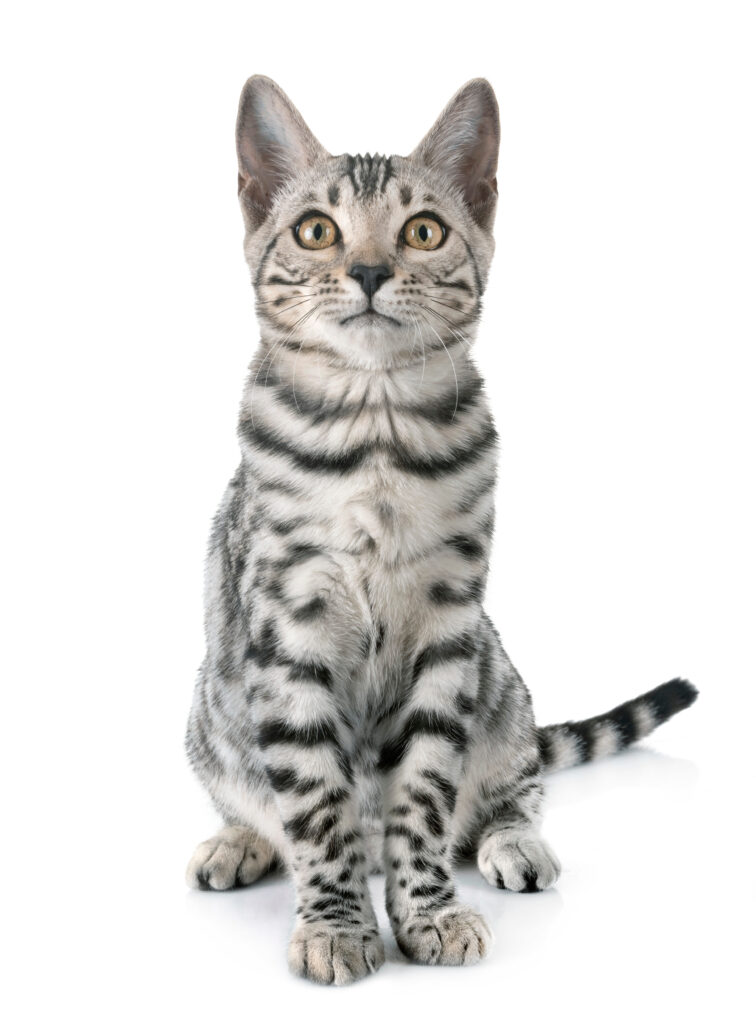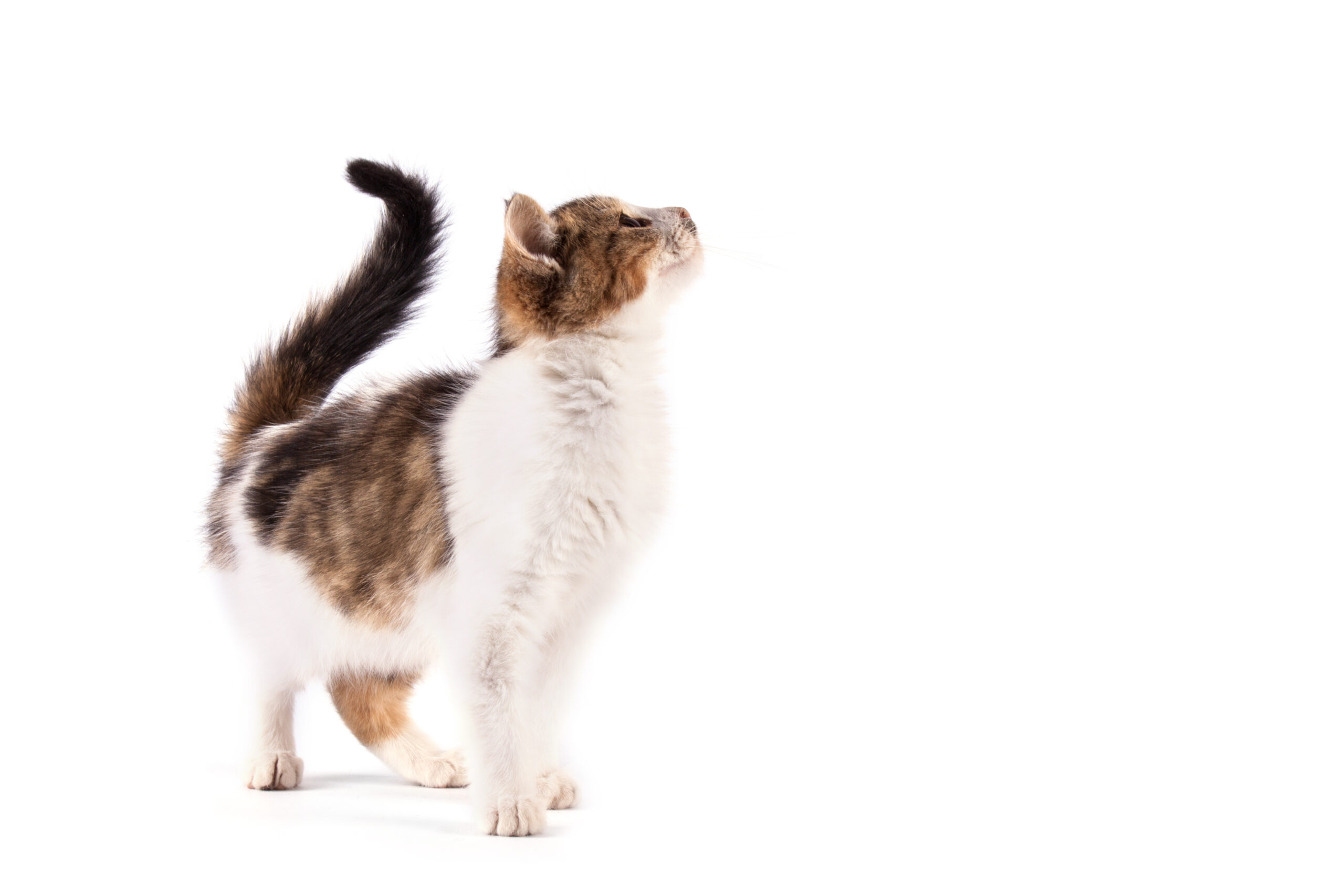Sometimes, I’ll be in a room presumably alone, when all of a sudden, I sense a presence in the room. I look down, and my cat Lily is at my feet. I didn’t hear her walking in, mind you. It is as if she appeared out of nowhere. Whenever it happens, I completely understand why over the ages people have held so many superstitious ideas about cats. I mean, I can look up articles online that logically explain how and why cats are able to move so silently…but years ago, people’s imaginations must have run hog wild. I have to admit, Lily’s ability to creep up on me on her soft, padded paws is, on occasion, slightly unsettling.

When it happens, I’m also reminded of the poem Fog, by Carl Sandburg:
The fog comes
on little cat feet.
It sits looking
over harbor and city
on silent haunches
and then moves on.
I love the imagery in this poem. As noted earlier, I am quite familiar with the ways of cats and, living as I do in an area that is often blanketed in fog, I can say with certainty that this metaphor is entirely appropriate, not to mention stunningly beautiful.
Writers’/Students’ Corner
Just so it doesn’t seem like this post was merely an excuse to mention my cat Lily again, here are a couple of definitions that might be useful to students and writers:
met·a·phor: noun \ˈme-tə-ˌfȯr also -fər\
a word or phrase for one thing that is used to refer to another thing in order to show or suggest that they are similar
sim·i·le: noun \ˈsi-mə-(ˌ)lē\
a phrase that uses the words like or as to describe someone or something by comparing it with someone or something else that is similar
Metaphors and similes are similar, but the basic difference is that similes will use “like” or “as” when drawing the comparison.
Carl Sandburg’s poem is a good example of a metaphor. He says the “fog comes in on little cat feet,” not the fog is like a cat coming in on little cat feet. The former is succinct and powerful; the later would have been clunky and would have interfered with the poem’s meter.
For some reason, when I think of an example of a simile, the first thing that comes to my mind is not a poem or a great literary work, but that Patrick Swayze song She’s Like the Wind (and then it gets stuck in my head and I can’t get it out).
There are no rules governing when to use a simile and when to use a metaphor. It’s more about figuring out what idea, mood, or feeling you’re trying to convey and deciding which vehicle will help you get there without unnecessary detours. The most important thing to consider when using figures of speech is to strive for originality (for example, it’s probably not a good idea to compare the way fog rolls in to the way a cat moves, since it’s already been done), but not so original as to leave your readers confused.
Challenge
Where does the phrase “metaphorical cats” appear?




